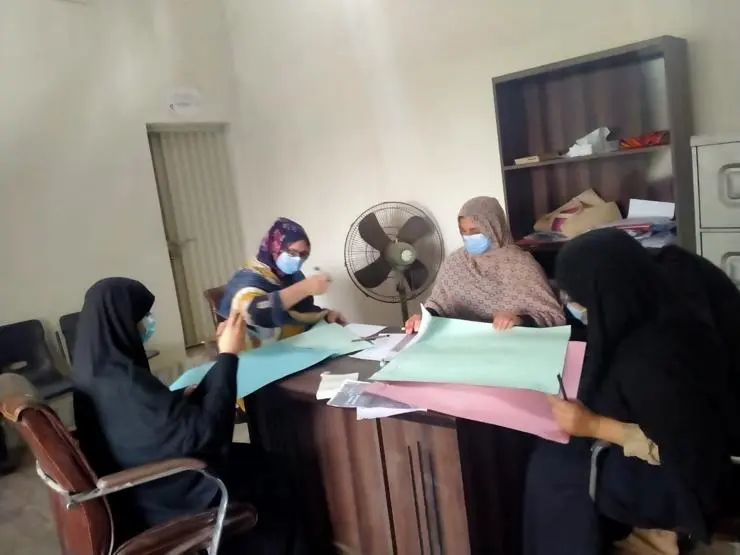Approximately 32 million infants are born small for gestational age (SGA) in low to middle income countries (LMICs), equating to 27% of livebirths.
These infants carry an increased risk of morbidity, impaired cognitive development, and chronic disease in later life. The highest rates of SGA is concentrated in South Asia; in Pakistan, for example, every third baby is born SGA, this accounts for 26% of all neonatal mortalities. Our research study has collected data about current practice delivery, together with health care professionals and women’s views and experiences of caring for SGA infants, to help identify risk factors and prioritise opportunities for intervention.
Victoria Hall Moran, Reader in Maternal and Child Nutrition at the University of Central Lancashire, is working collaboratively with Khyber Medical University in Pakistan. The work is guided by the principles in the Global Code of Conduct for Research in Resource Poor Settings (GCC). The overarching goal of the research is to improve nutrition and health outcomes for women and children in developing countries.
This preliminary study will be designed using collaborative research principles with a view to the co-creation of knowledge and building capacity in the Pakistan research team. The training of Research Assistants will also help to build local infrastructure.
The Global Gender Gap Report 2020 ranked Pakistan at 151 out of 153 countries in regard to gender equality. Women face gender inequality at home, in education and within the workplace; for example only one-quarter of women participate in the labour force, and less than half the women are literate. Furthermore, while Pakistan faces high perinatal morbidity and mortality rates, women’s views and experiences of maternity care are under-represented within the global literature.
This project aims to address this by engaging with both men and women as researchers, participants and beneficiaries from our previous and ongoing projects in this community. Ensuring a protective space for the women to express themselves is an important consideration and integral to planning. The study monitored for specific risks and unintended consequences, using tried and tested systems developed over the course of previous collaborative work. The project governance arrangements have been commended and disseminated by national and international agencies and members of this project team were instrumental in the development and evaluation of the GCC and are committed to its ethos.

